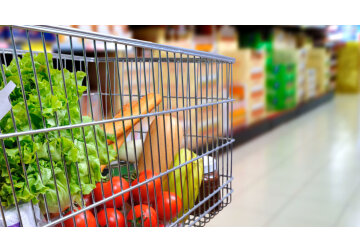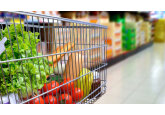
Disloyal commercial practices in relations between the supplier and the buyer of food and agricultural products will be prohibited by law.
This is provided for by the draft amendments to the Law on domestic trade, approved by the government at a meeting on Wednesday. In particular, the law will have a separate section on the contractual relations between the supplier and the buyer in the supply of food and agricultural products. One of the provisions of the document establishes a ban on disloyal commercial practices in the supply of food and agricultural products (a list of such goods will be approved by the government) and specifies them. For example, the unfair practices will include: requesting and providing commercial discounts on socially important essential goods; imposing conditions to restrict the sale to other retailers at a lower price; the requirement to keep a certain value of the goods on the shelf; illegal distribution of supplier's trade secrets by the buyer; sale of food and agricultural products at a price below production cost, etc. At the same time, the Contravention Code will stipulate penalties for using unfair trade practices in relations between the supplier and the buyer: for individuals - from 50 to 100 conventional units (c.u.), for legal entities - from 200 to 400 c.u. The Competition Council will establish unfair trade practices and charge fines. The bill has to be approved by the parliament. It is offered that the proposed changes take effect six months after the publication of the document in Monitorul Oficial (the Officila Journal of Moldova). As noted in the explanatory note to the bill, the use of disloyal trade practices is not uncommon in the food supply chain. These practices severely harm small producers, including agricultural producers and product processors, create additional uncertainty for producers and result in higher product costs for consumers. The prohibition of disloyal trade practices in the food and agricultural supply chain is consistent with European norms and, in particular, European Directive 2019/633. // 30.06.2022 - InfoMarket







